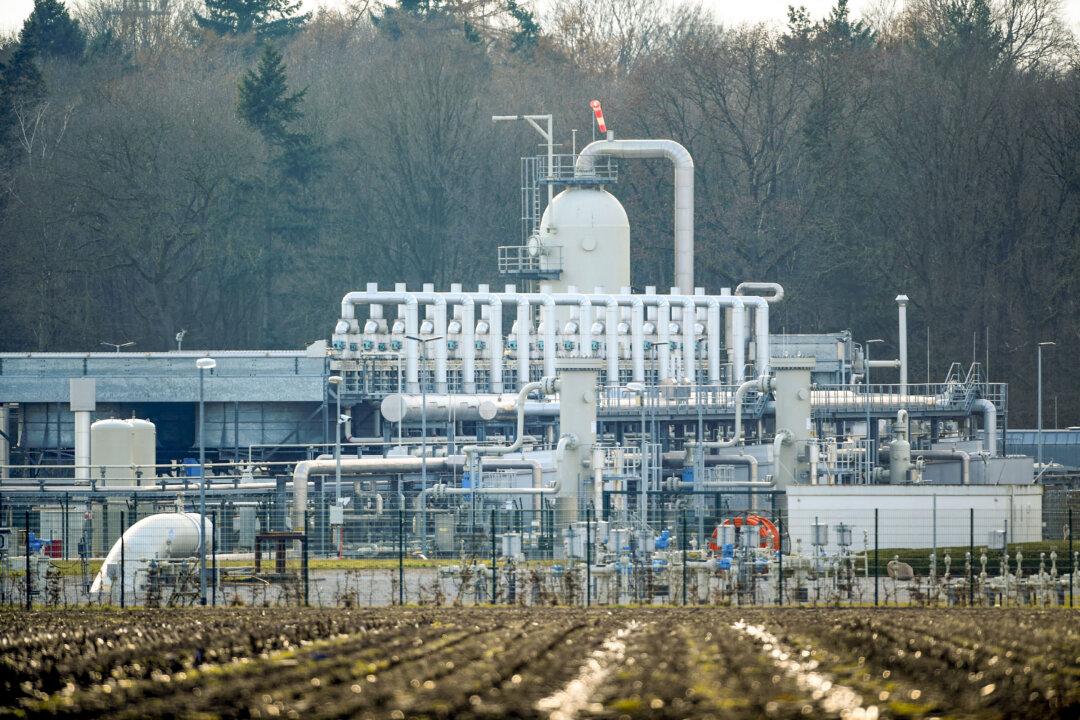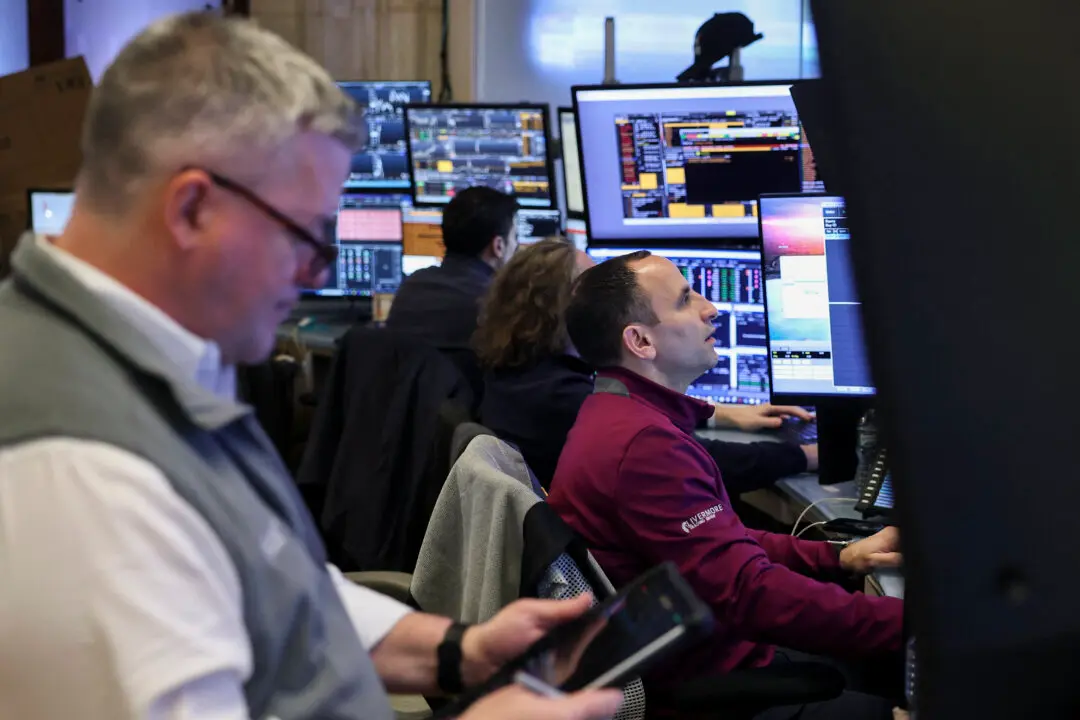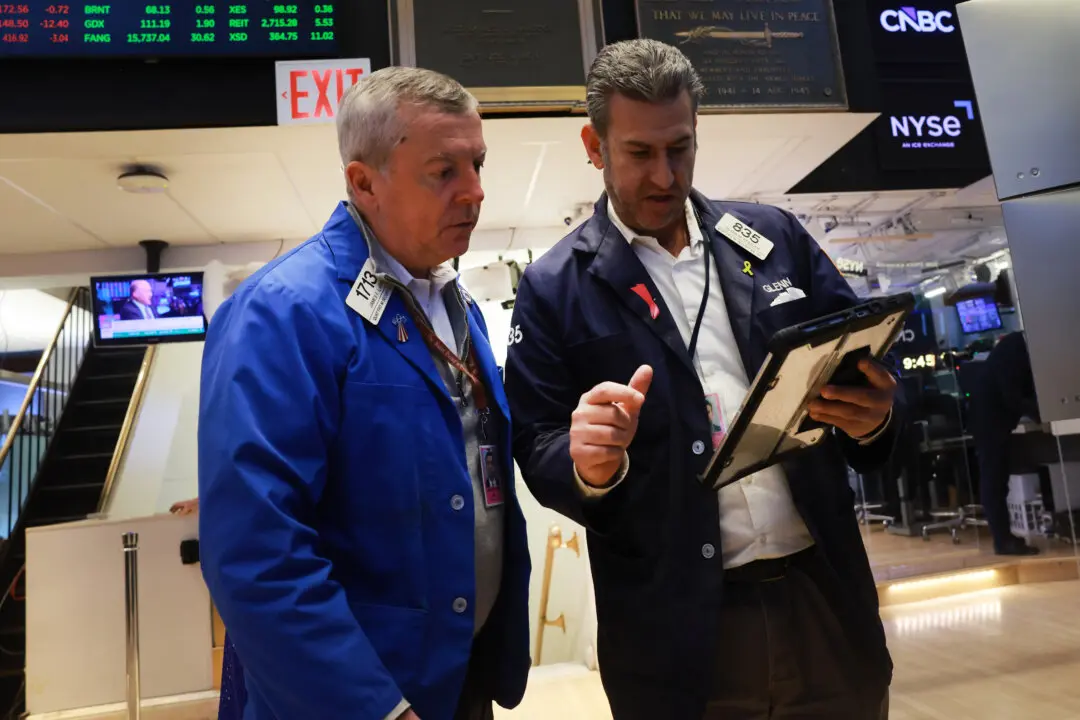News Analysis
Europe is expected to head into another energy crisis in 2025 due to a tighter market for liquefied natural gas (LNG), meaning another round of price hikes at a time when Europe’s fragile economies are striving to shake off an earlier round of price hikes.





